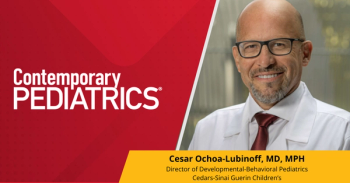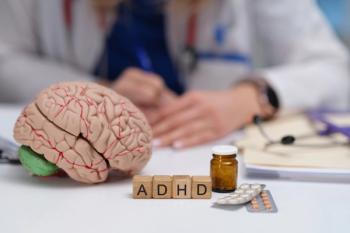
Impact of Pediatric ADHD on Quality of Life
Experts in psychiatry discuss the impact of childhood ADHD on self-esteem, at home, and academically.
Episodes in this series

Robert L. Findling, MD, MBA: Further in our chat, we’re going to talk about treatment for ADHD. From my perspective, every treatment takes time. Some treatments are associated with risks. None of that matters if there isn’t risk to the disorder itself, when you’re always thinking about a risk-benefit ratio. This might be a good time to ask, what are the risks of ADHD? How does it impact people and their families?
Timothy Wilens, MD: That’s a great point. Everybody thinks about treatment in isolation, where you have this risk or problem, or every medicine is going to have adverse effects, as a lot of psychotherapies do. But what are you treating? Why are you treating?
I can assure you that ADHD isn’t just a cosmetic disorder. This isn’t just a kid who’s a little hyper or grows a little spacey. It’s well beyond that. You’re talking about impairments that start very early, including things like self-esteem that start very early in life and are hard to eradicate untreated. But as you grow up, you’ve got academic issues, problems staying in day care, problems completing your schoolwork, and problems falling behind. Then there are injuries and motor vehicle accidents as children start to drive, and cigarettes and substance use as children age into that risk. There are interpersonal problems throughout their lives, which escalates in adulthood, including problems with their occupation. It goes on. When you’re balancing treatment, you have to think about that.
We just looked at long-term outcomes with treatment. We looked at the world’s literature and examined big registry studies, millions of patient-years of experience of medicines. Essentially, all the major bad outcomes associated with ADHD—including mood, suicide, traumatic brain injury, and motor vehicle accidents—are reduced greatly in the long term with treatment. There’s a real argument to what you’re saying that you have to see treatment in context to know what the underlying long-term sequelae are if you don’t treat.
Transcript edited for clarity
Newsletter
Access practical, evidence-based guidance to support better care for our youngest patients. Join our email list for the latest clinical updates.











